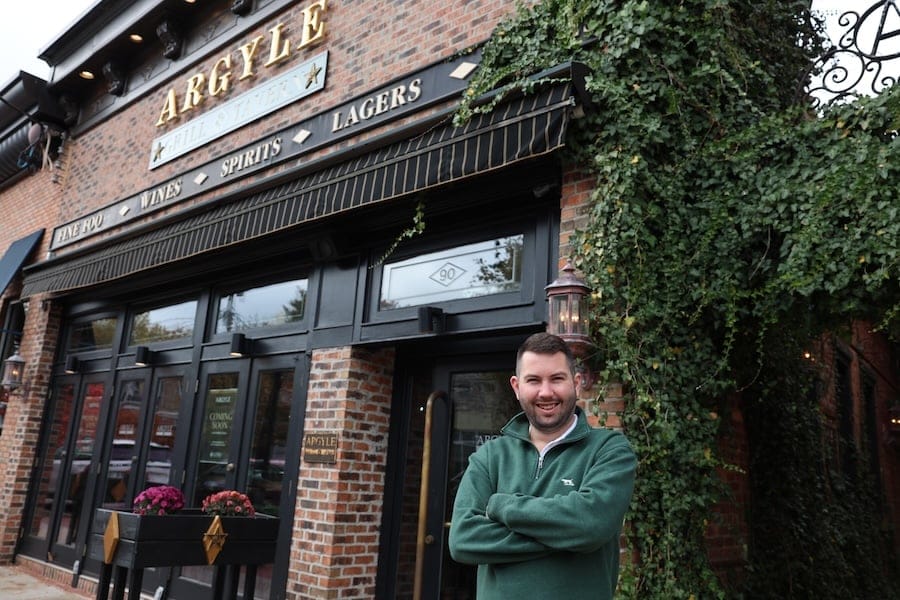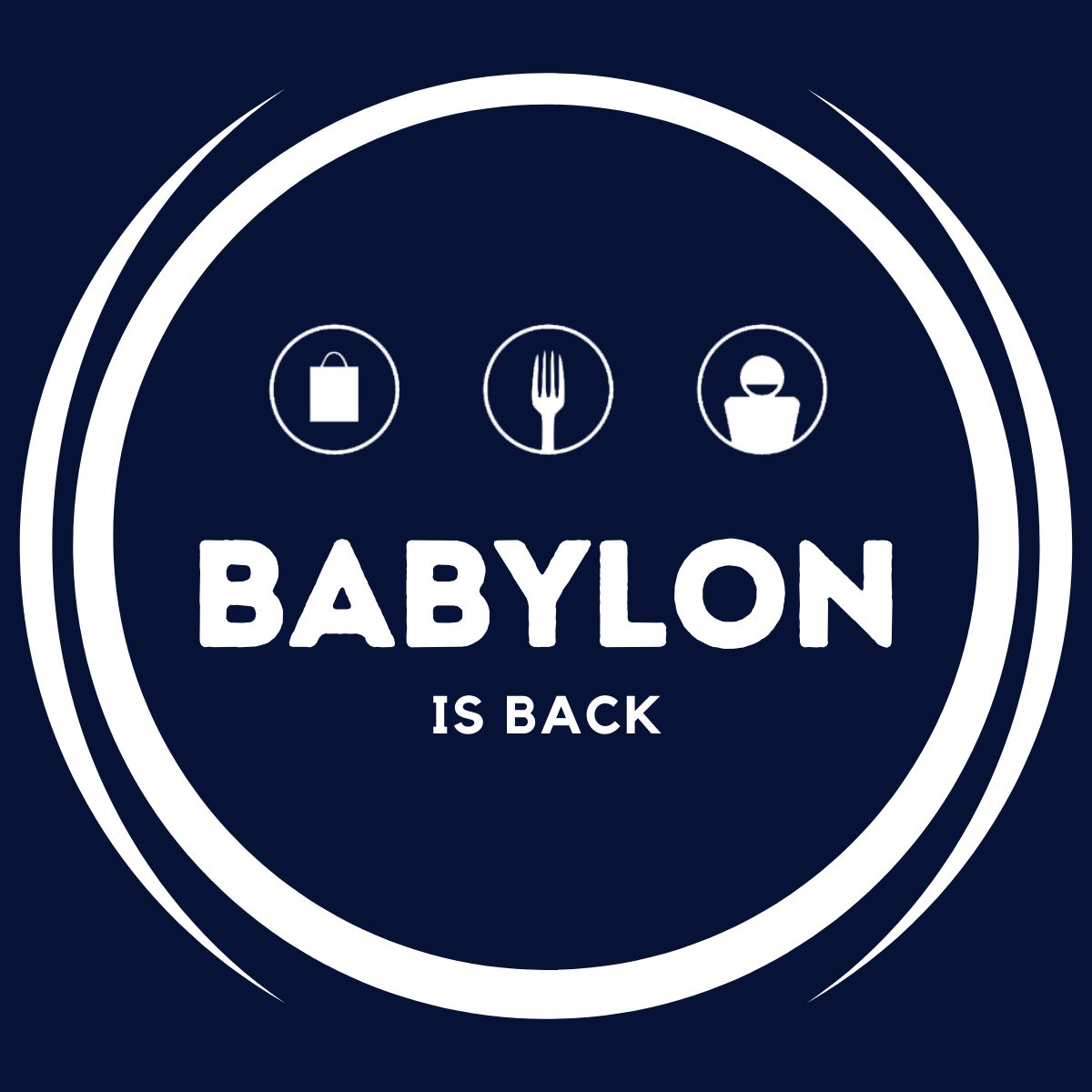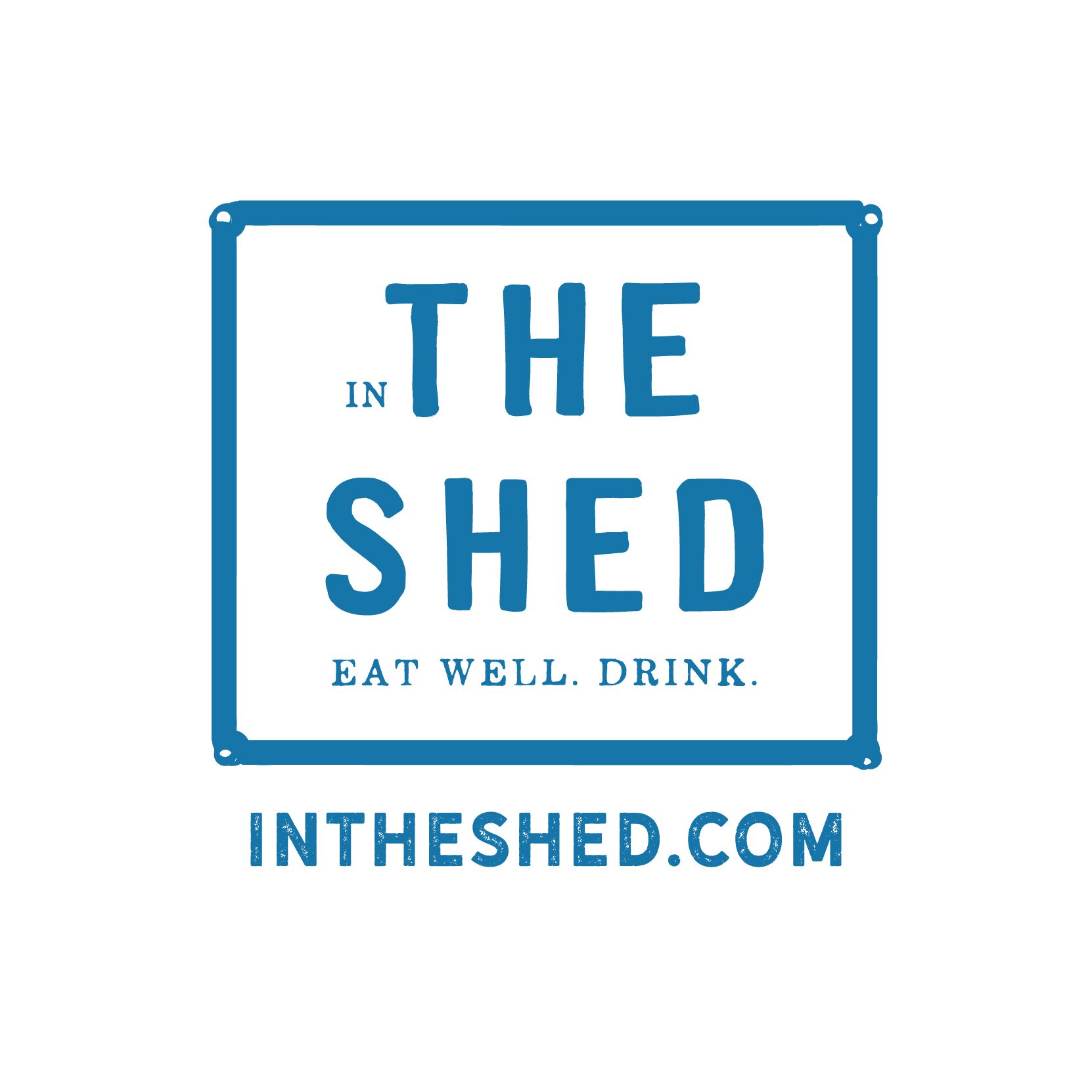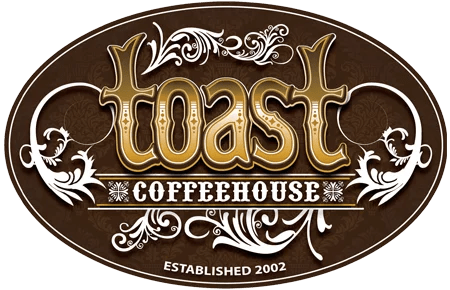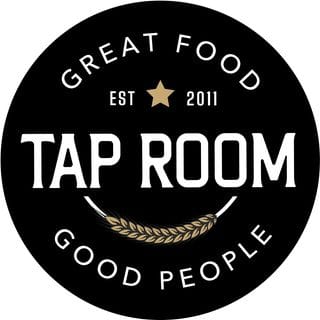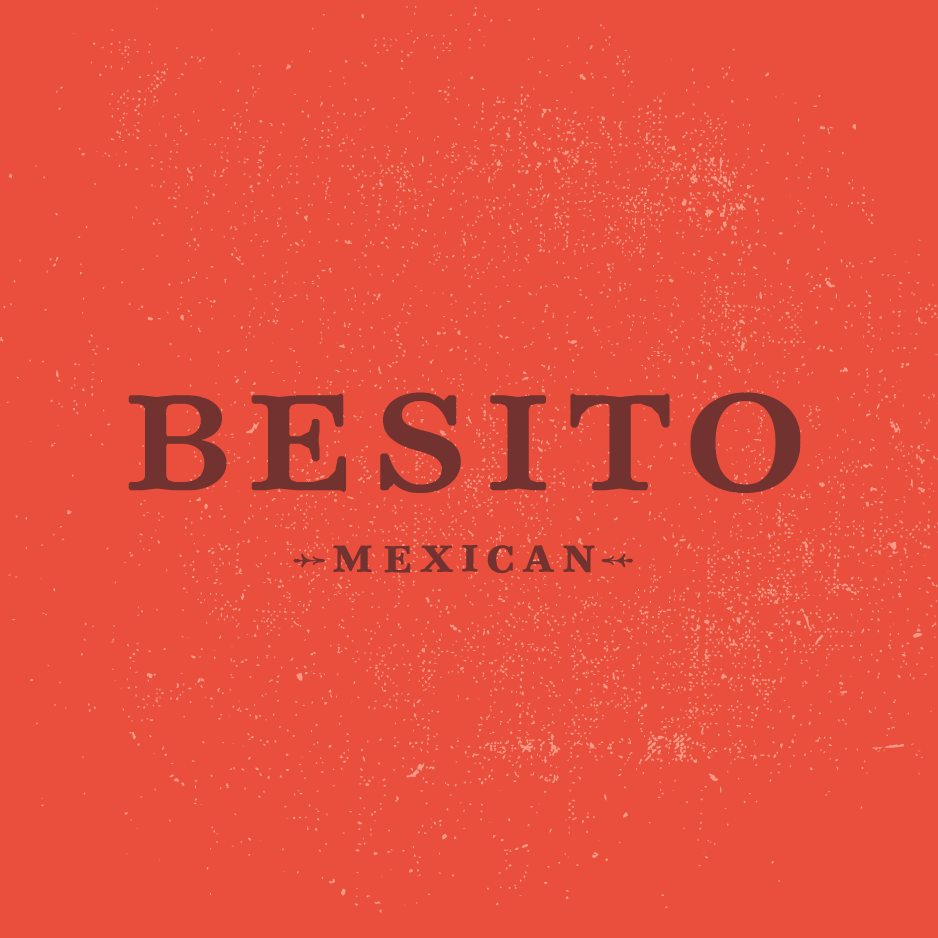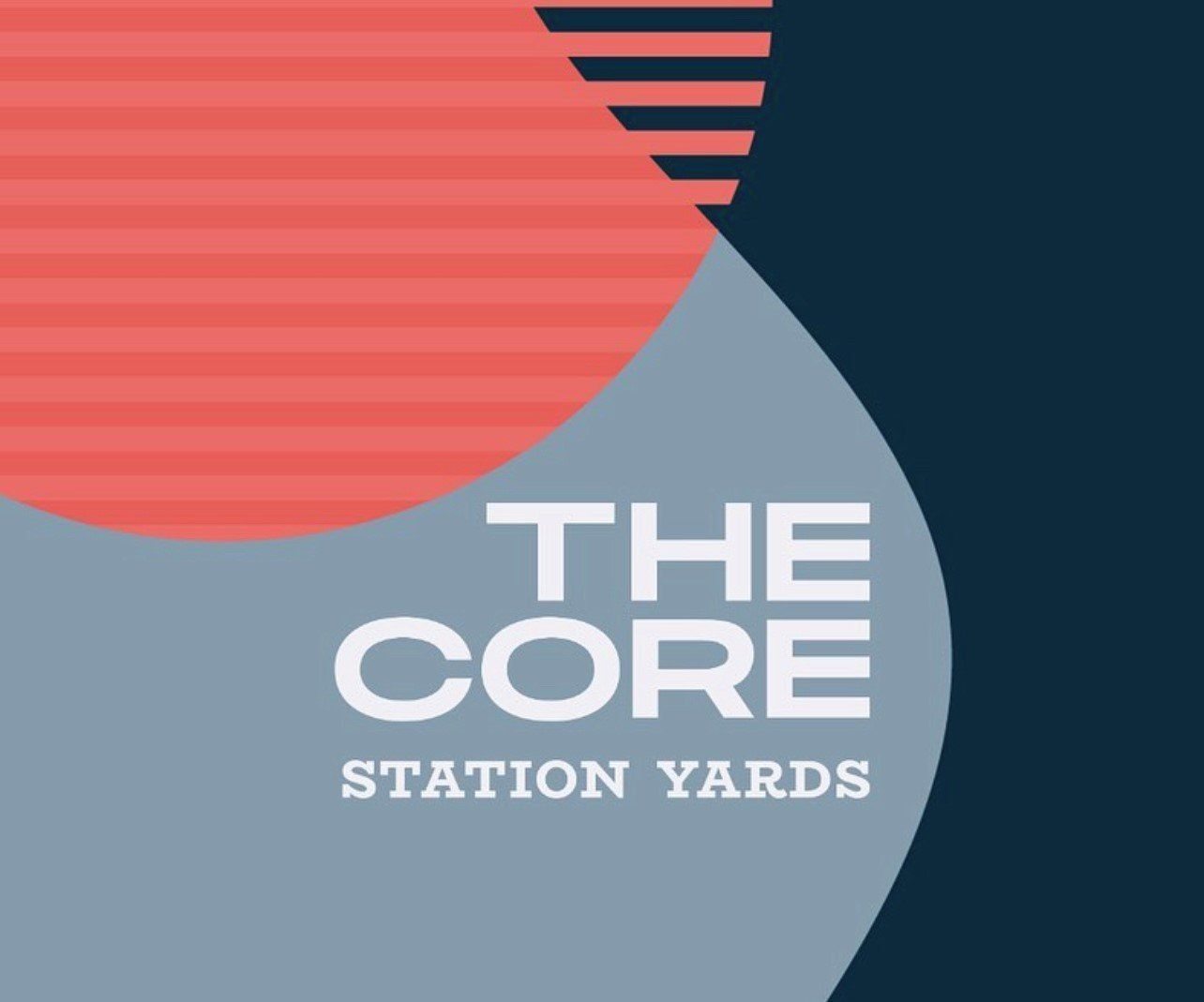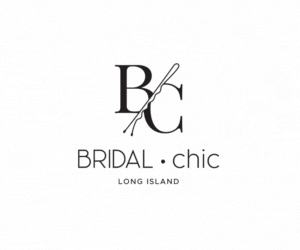I don’t know about you, but my newsfeed will regularly fill up with terrifying stories about the latest toxic horror awaiting us in the grocery store.
A few years ago it was BPA plastic in baby bottles and little blue plastic beads in toothpaste.
Now the latest mess is those moldy sippy cups.
Folks regularly ask me if any plastic is safe to use around food or kids. While I’ll leave that particular argument for another time, I think it is fair to say that we can and should seek safer alternatives as often as possible.
Glass, stainless steel (not aluminum), and lead-free ceramic are all tried-and-true alternatives to plastic. Reducing our kid’s exposure to toxic chemicals isn’t as cut and dried as we’d like, but it is possible.
I’d suggest starting with eliminating plastics wherever possible.
Some plastics are effective, useful products while others are known endocrine (hormone) disruptors, carcinogens and obesogens. These chemicals cause the body to create more fat cells, and store them in the wrong locations.
Endocrine disruptors have been linked to learning disabilities, severe ADD, cognitive problems as well as cancers and reproductive health problems. These are nasty things and they are everywhere. But don’t get frightened, get educated and take action to get them the heck out of your home.
It’s not always simple, but it is possible.
Here are some ways to minimize your exposure and protect your family’s health.
- Buy whole, organic fresh food whenever possible. It will reduce your exposure to the chemicals in the plastic wrapped food and to the synthetic chemical often found in processed food.
- Stay away from plastic water bottles. Not only are they an environmental nightmare, you really don’t need the exposure or to waste your money on water! Filter your own and invest in a good water bottle.
- Avoid buying canned food. Sadly, these cans are often lined with BPA. Stick with fresh or frozen.
- Meet your local farmers. There are bunches of them and farmstead season is almost upon us! You can go to Local Harvest and enter your zip code to find out who is near you. Local to Patchogue are Hamlet Organic Garden, Sacred Gardens and OT Farm.
- Close foods packaged in glass or paper instead of plastic.
- Choose the safer plastics. If you look on the bottom of the package, there will almost always be a recycling code. The number inside that little triangle of chasing arrows has a lot of information in it. Choose #2, #4 and #5. #1 isn’t awful but it shouldn’t be used more than once. That’s what water bottles are generally made of and you shouldn’t be drinking your water out of plastic bottles anyway.
- Avoid the most toxic plastics. #3, #6, and #7. Unless the symbol has a leaf near it or says “PLA” you can pretty much guarantee it’s BPA.
- Don’t cook in plastic anything. Especially in the microwave. Yeah, the roasting and steaming bags may “make cleanup a breeze” but they’re leaching plastic into your food. Ew.
- Choose glass to store your food. Mason jars are terrific. They’re inexpensive, reusable, heat- and cold-tolerant, and hard to break.
- Switch to glass for as much as you can. I just LOVE LifeFactory. They have safe, terrific baby and toddler cups and bottles. Amazing stuff!
- Start reading those labels. If the toothpaste has sparkly, beaded anything in it toss it now and go get a better natural toothpaste. those sparkly things are plastic micro beads and they’re revealing themselves to be an environmental nightmare and they’re really bad for your gums.
Bernadette Smith is an organic gardener, life-long tree hugger and certified Integrative Nutrition Health Coach living in Patchogue, N.Y. She offers free 30-minute Health Discovery Sessions and can reached through Facebook or by emailing [email protected]







